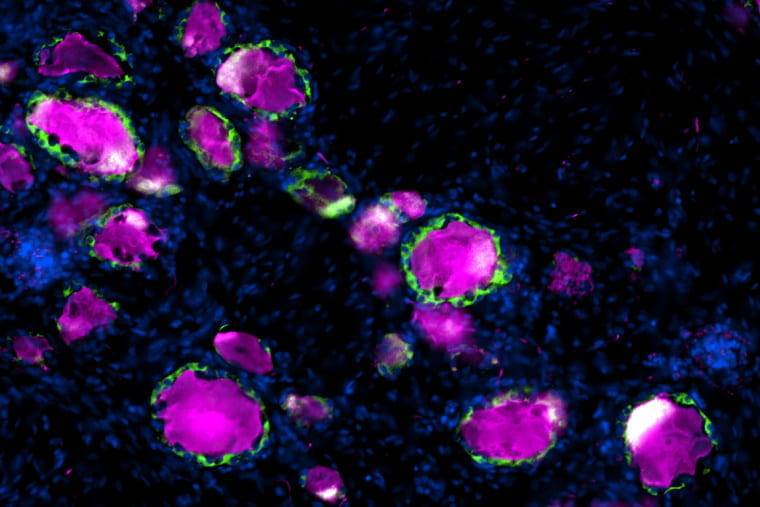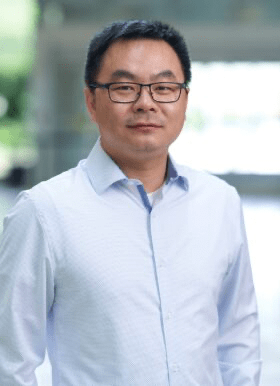Assistant Professor of Neuroscience
Research Interests
My laboratory is broadly interested in neuroimmunology with a focus on microglial biology. Particularly, the lab is interested in combining cutting-edge single-cell genomic technologies with in vitro and in vivo genetic, molecular and cellular tools to investigate microglial development, heterogeneity and mechanisms of neuro-immune interactions underlying brain structure and disease. We try to address two major questions: (1) how microglia (and other immune cells) are different in development, homeostasis and aging, and related to that, how these different populations of microglia interact with other neural cells to control brain development and functioning; (2) how microglial fate is specified and diverged from other tissue macrophages during early embryonic development. By studying these questions, the overarching goal is to gain a better understanding of microglial functions in the establishment of the nervous system, as well as how changes in these functions contribute to neurological diseases.
Professional Education
- BSc: 2002-2006, Biological Sciences, China Agricultural University, Beijing
- PhD: 2008-2015 PhD, Biology, Duke University, Durham, NC (Advisor: Pelin Volkan)
- Postdoctoral Fellow: 2015-2019, Stanford University, Stanford, CA
Affiliations
- Neuroscience
- Hope Center for Neurological Disorders
- Genetics
- Biology & Biomedical Sciences
- Molecular Genetics and Genomics
- Developmental, Regenerative and Stem Cell Biology Program

Li Lab
Microglia and other related immune cells are increasingly recognized to be essential players in central nervous system function and almost all neurological diseases. As we gain more knowledge about microglial biology—one of the fastest growing fields at the nexus of neuroscience, immunology and hematopoiesis, numerous fundamental questions remain to be answered, such as: How is microglia fate specified? How do microglia develop? How heterogeneous are microglia? How do microglia age? How do microglia contribute to brain development, aging and neurodegenerative disease? My lab is broadly interested in neuroimmunology with a focus on microglial biology. We combine cutting-edge single-cell genomic technologies with in vitro and in vivo genetic, molecular and cellular tools to address these fundamental questions, which also have tremendous translational potential. The overarching goal is to gain a better understanding of microglial functions in the establishment of the nervous system, as well as how changes in these functions contribute to neurological diseases.
